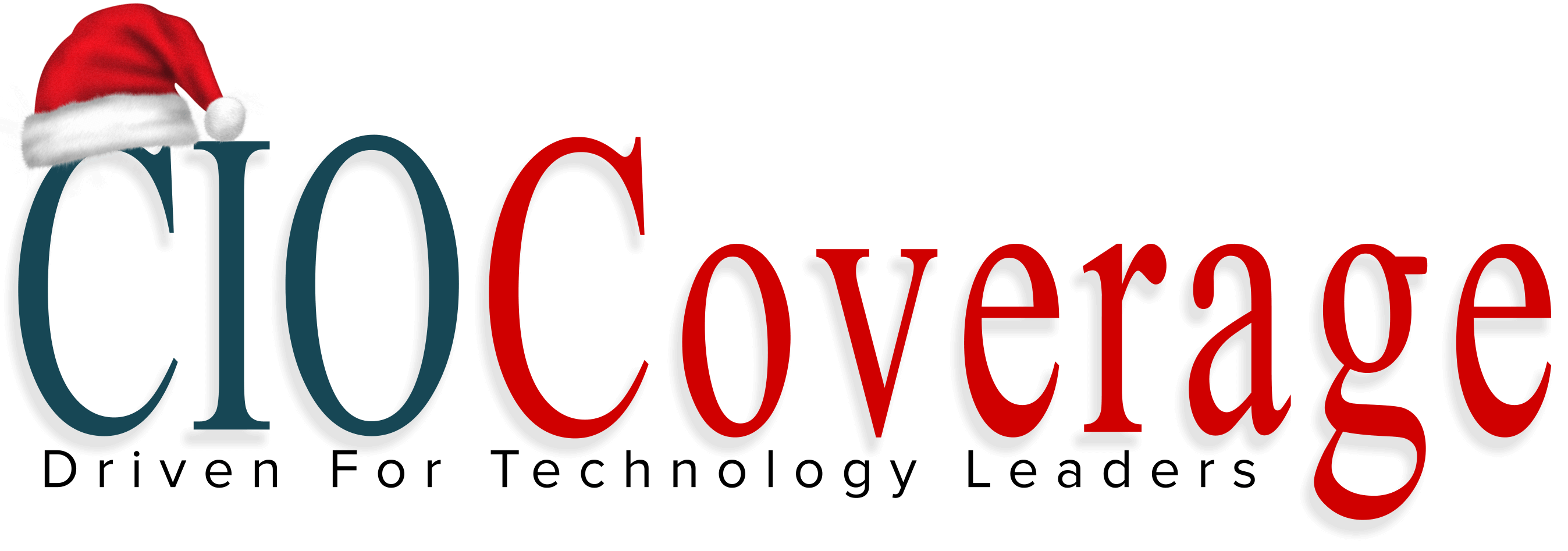In a groundbreaking move, the European Union (EU) is reshaping the digital landscape, and it’s giving tech giants quite the legal workout. Think of it as the EU’s way of saying, “We’re not just tech-savvy; we’re tech-watchdogs too.” The buzz is about the Digital Services Act (DSA) – a game-changer for Big Tech, bringing in new rules for content control, user privacy, and transparency.
Meta’s Facebook and Instagram, Apple’s online App Store, and a few Google services are all in the EU’s spotlight. They’ve got some new rules to follow. These rules aren’t just about keeping things in order; they’re all about curbing the spread of harmful content, limiting sneaky user-targeting tactics, and making these tech giants open up their books a bit to regulators and researchers.
Europe showcases its prowess as a global leader in digital regulation. And guess what? Other nations are likely to follow suit shortly. The EU isn’t stopping at the DSA; there’s also the Digital Markets Act and AI Act queued up for consideration. If these regulations succeed on European turf, you can be sure the world will sit up and take note.
However, some experts question whether these regulations go far enough or if Big Tech should do more than merely comply with legal requirements. It’s a pertinent question because let’s admit it, larger technology companies possess significant influence, and accompanying it is a sense of immense accountability.
For now, the DSA applies to 19 of the largest online establishments. Those with over 45 million EU users have been brought under its purview. But wait, as the tables will turn starting mid-February; these guidelines will be obligatory on all digital entities regardless of their size. Even fledgling startups will have to adhere to norms similar to those followed by established technology giants.
Now let’s dive into the repercussions of not adhering to these rules. It’s not just a light reprimand; it comes down heavy on finances. Companies found guilty of violating DSA could face fines of up to 6% of their annual global revenue. And if they don’t learn from their mistakes, they might be forced out of European markets altogether.
E-commerce behemoth Amazon and German fashion retailer Zalando are under scrutiny, riding on top of the early birds list subject to DSA regulations and these two are far from thrilled about it. They’ve taken their grievances up to court. Legal experts expect a fierce battle because let’s face it no one likes it when business models go through major transformations.
Kingsley Hayes – head of data and privacy litigation at Keller Postman law firm captures the sentiment aptly stating “We should anticipate a fierce fight-back from platforms to safeguard their practices particularly when new compliance rules aim their core business models.”
It’s a digital revolution in the making. The DSA is a game-changer, and it’s not just about rules and regulations. As the EU takes the lead, the global tech industry is on its toes, knowing that the actions taken today will determine the digital landscape of tomorrow.
The enforcement of the Digital Services Act within the European Union signifies a momentous shift in controlling the technological sector. It’s not merely about regulations; it’s about ensuring that tech giants are responsible and constructing a digital environment that’s advantageous to everyone. Therefore, as these protocols reveal themselves, global scrutiny is intense since how major players in technology adapt to this fresh epoch could alter our online existence in various manners.















